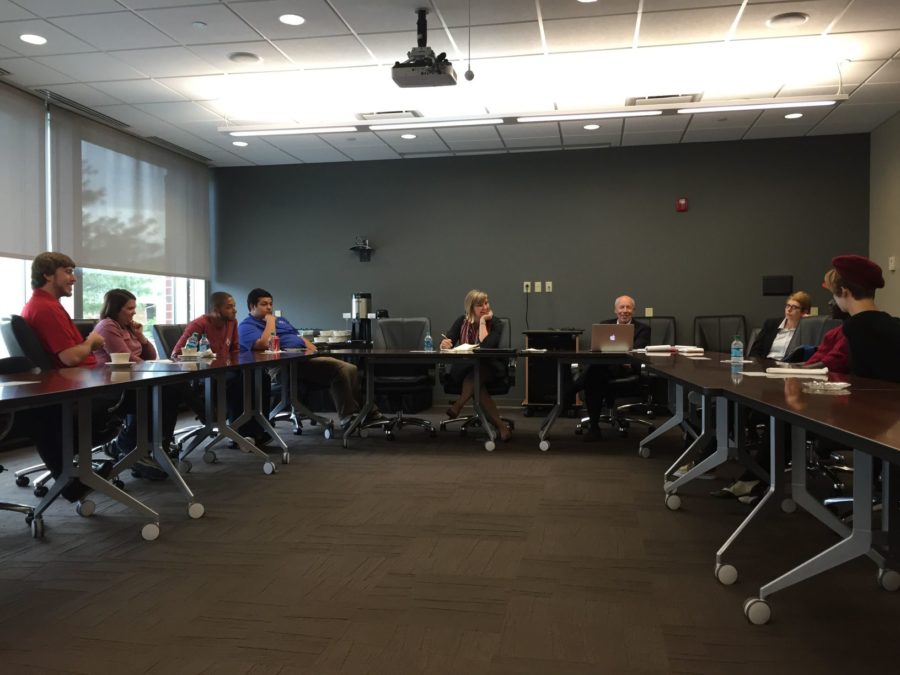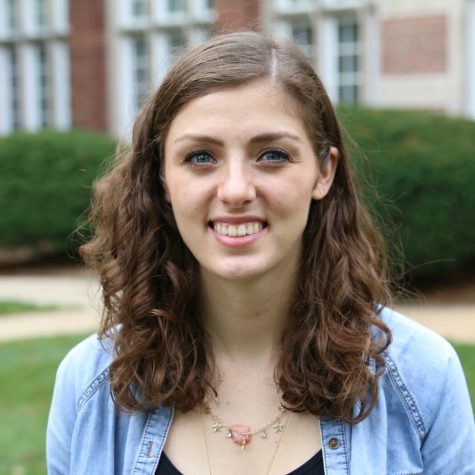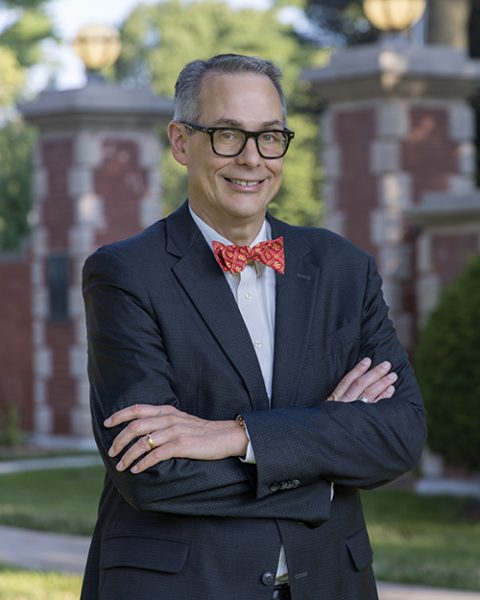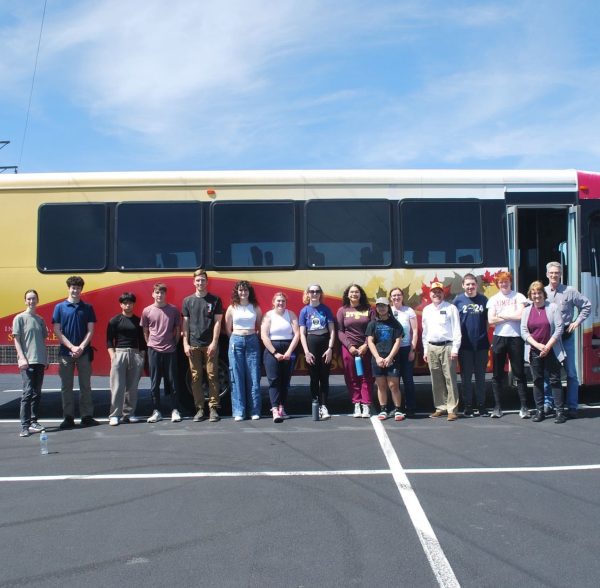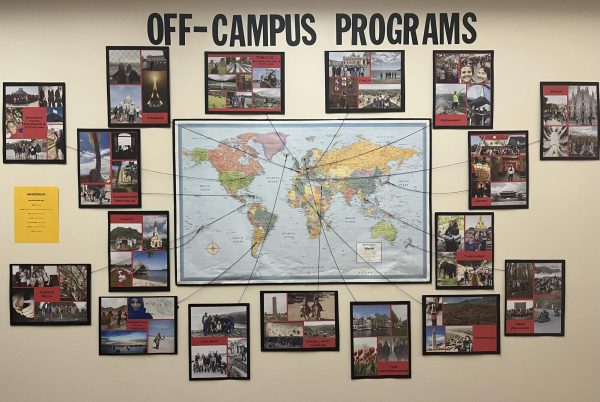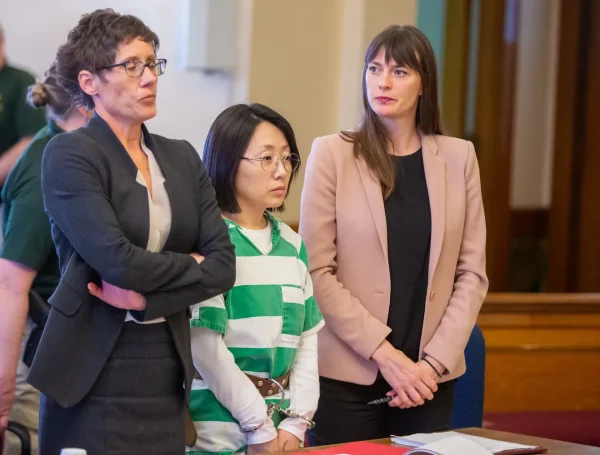Higher Learning Commission evaluators visited for reaccreditation process for Simpson
October 14, 2015
Evaluators from the Higher Learning Commission came to Simpson College to continue the process of getting Simpson’s reaffirmation of accreditation on Oct. 5 and 6.
Murphy Waggoner, director of academic assessment and the coordinator for accreditation, summed up what accreditation is.
“As a very simple analogy, it’s that periodic check up with the doctor. You just want that outside source to take a look and make sure everything is okay,” she said.
Heidi Levine, vice president of student development and planning, explains the different areas of importance for getting reaccredited. On one level, she said, the importance is to continue to offer financial aid, attract students and operate well as an institution. On another level, Levine explained the importance of staying true to the mission and giving the highest quality education.
“I think that to undergo periodic peer review helps us to make sure that we really are doing the things we need to do in order to offer the highest quality education, that we are clear about our mission, that our programs and services, both our educational programs and services, but also other aspects of the college, truly are functioning and are in line with the mission,” Levine said.
According to the HLC website, there are five criteria that influence accreditation. Jodi Koslow Martin, one of the HLC evaluators, briefly explained the five criteria in an open student meeting on Oct. 6, where she and two other evaluators spoke with students as part of their comprehensive evaluation.
“Number one is all about the mission statement: are you doing what your mission statement says you are going to do?” Martin said. “Number two is about ethics: are you acting ethically as an institution? Numbers three and four are about teaching and learning and student learning and number five is about resources, planning and knowing where it is you want to spend your money and that student tuition dollars are actually effective.”
Waggoner said she has been working on this for the last two years. Her responsibilities included recruiting and training teams to write for the criterion arguments, arranging staff and administration to get reports sent into the HLC and coordinating staff responsible for uploading over 200 evidence documents. She also spent the last four months working with an editing team reading over arguments, editing facts and making sure writing styles were consistent.
“It was not a difficult process to get the community together to discuss the issues that were required for us to discuss by the Higher Learning Commission,” Waggoner said.
“Simpson has a tradition of looking to improve.”
Waggoner said even though Simpson is constantly trying to improve doesn’t mean that something is wrong.
“You don’t have to be bad to look for ways to get better, and the accreditation process allows us to find ways to improve from an external view,” she said.
The accreditation team at Simpson will receive a draft of the report made by the evaluators who came during the October visit as the next step in the process. Once they receive the draft, they will have the chance to correct factual errors before sending it off to be made into a final report.
According to the Simpson website, Simpson has been accredited by the HLC since 1913.



